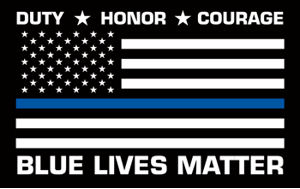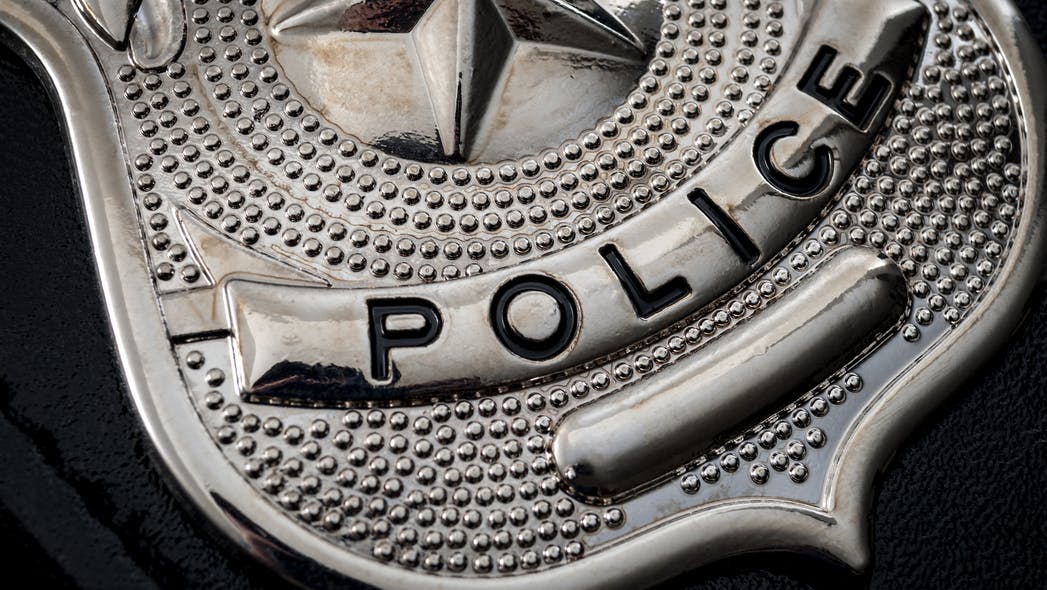Massachusetts’ Peace Officer Standards and Training Commission approved regulations to recertify officers after discussing how an agency should assess an officer’s character.
By Chris Van Buskirk Source masslive.com
The regulatory body tasked with certifying law enforcement in Massachusetts approved regulations Wednesday afternoon that lay out the process for recertifying officers after commissioners reworked language around determinations of good character and fitness for employment.
The commission voted 7-1 with one abstention following a lengthy discussion over what an officer’s employing agency could take into account when assessing their good character and fitness for employment.
The rules come as officers with last names starting with letters A through H are up for recertification by July 1, and as the Peace Officer Standards and Training Commission faces a June 15 deadline to receive certification packets from agencies.
In adopting the regulations, the commission has three months to solicit feedback from the public before plans to make them permanent in August. If the regulations are codified later this summer, they would expire on June 30, 2025, or roughly a year after the last cohort of officers are up for recertification for the first time.
As part of recertification, an officer must participate in an oral interview administered by the commission, which has largely delegated the process to officers’ supervisors. Part of the interview requires an assessment of good character and fitness, taking into account actions both on-duty and off-duty.
As originally drafted, the commission was looking to draw from court-approved language used for attorneys’ admission to the bar that said an employing agency “may take into account” during the interview whether an officer exhibits morality, integrity, candor, forthrightness, and trustworthiness, among other things.
But that version drew a number of concerns and pushback from some commissioners and law enforcement groups at a POST Commission last week where the group ultimately voted down a draft version of the recertification regulations.
Commissioner Dr. Hanya Bluestone, who works as CEO of Labyrinth Psychological Services, said Wednesday the original language was overly abstract, pointing to a characterization used last week by one attorney who called them a “Boy-Scout standard.”
“I raised some questions about that because I’m wondering if the standard for bar admission is really the standard that we should be applying when we think about law enforcement,” Bluestone said before successfully suggesting edits to portions dealing with assessments of good character and fitness for employment.
The commission amended the section based on Bluestone’s comments to instead point interviewers to their own departments’ ethics and codes of conduct, or those adopted by the International Chiefs of Police Association.
The regulations now also suggest employing agencies to take into account whether the officer is “worthy of public trust and of the authority given to law enforcement officers.”
Commissioner Kimberly West, a partner at Boston-based Ashcroft Law Firm, said pointing to codes of ethics and standards of conduct drafted by the International Chiefs of Police Association is a smart idea.
“I agree that the IACP is a very well respected organization,” West said. “I think this is a really good idea and I have a lot of confidence in the IACP.”
Commissioner Larry Calderone, who heads up the Boston Police Patrolmen’s Association, was the lone vote in opposition to the regulations, saying there were “too many outstanding issues in the regulations.”
Calderone declined to comment further in a call with MassLive.
Attorney Patrick Bryant represents the Boston Police Officers Federation, the Massachusetts Coalition of Police, the Boston Police Detectives Society, and plaintiffs in an ongoing lawsuit against the commission filed in Suffolk County Superior Court.
Bryant said the way the commission is looking to define good moral character and fitness, even with the changes, “remains absolutely vague as to what is to be applied,” adding the mention of the International Chiefs of Police Association is “very problematic” and “pollyannaish.”
“Are you really going to say someone lacks moral character and fitness for employment if they do not, as set forth under the standards of the IACP, dedicate themselves before God to their chosen profession?” Bryant said. “Is that the standard that the POST Commission is now saying that someone who is insufficiently religious, insufficiently servile in that setting, now must be decertified because they lack good moral character?”
When the commission met last week, attorneys representing various law enforcement groups raised similar concerns with the original language. Attorney Alan Shapiro of Sandulli Grace likened it to a “Boy-Scout standard that exceeds the statutory authority.”
Bluestone said she thought Shapiro’s explanation and characterization of the regulations were “compelling.”
“We’ve chosen to kind of start to operationalize this idea of good character, which I think is a difficult concept,” Bluestone said. “… There is within the law enforcement community, very well accepted standards of codes of conduct and ethics that have been endorsed by the IACP since 1957 that I do think reflect a higher standard of professionalism.”
©2022 Advance Local Media LLC.
Visit masslive.com.
Distributed by Tribune Content Agency, LLC.

